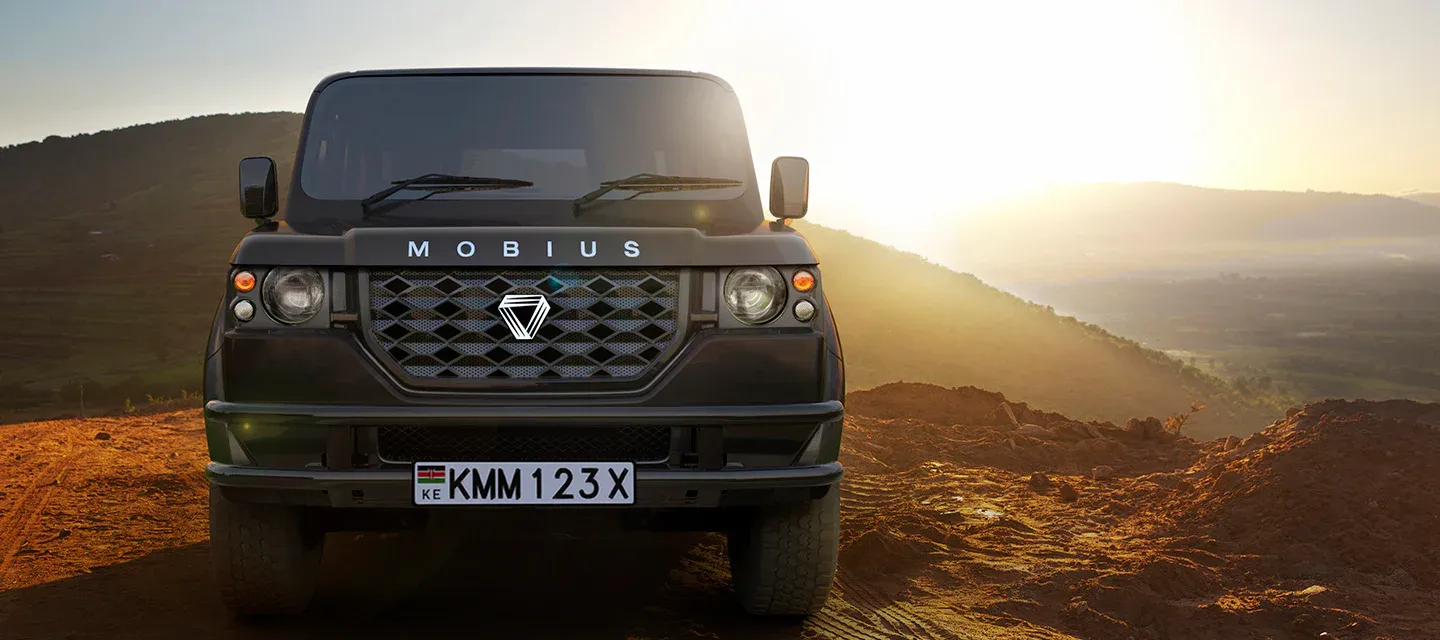Financial Struggles Lead to Closure
Mobius Motors, a vehicle manufacturer and assembler born in Kenya, has announced plans to shut down operations under the Insolvency Act. The decision follows prolonged financial difficulties that left the company unable to settle its suppliers and pay salaries. After a year of unsuccessful rescue attempts, the company has opted for voluntary liquidation.
Shareholders Approve Liquidation
Nicolas Guibert, Mobius Director, issued a notice stating, “At a meeting of the shareholders held on 5 August 2024, it was resolved to place the company under liquidation as per Section 393(1)(b) of the Insolvency Act and appoint KVSK Sastry as the liquidator to wind up the company.”
The list of creditors' names and proxy forms will be available for inspection on August 9, 2024, at the company’s office. This step is part of the formal liquidation process, ensuring transparency for those affected.
Government Policies Under Scrutiny
The shutdown of Mobius Motors has sparked discussions regarding the impact of government policies on the mobility industry and the broader East African economy. The situation highlights the challenges faced by local manufacturers in a market dominated by imported vehicles.
Mobius Motors' Journey and Financial Challenges
Mobius Motors, founded by British entrepreneur Joel Jackson and backed by UK-based venture capital firm Playfair Capital, has had a significant journey. The company raised $56 million across five funding rounds and aimed to produce affordable SUVs for small and medium-sized enterprises (SMEs) in infrastructure, agribusiness, and supplies, particularly in remote areas needing robust vehicles.
Legal Framework for Liquidation
Kenya’s Insolvency Act 2015 provides a legal framework allowing companies to voluntarily liquidate if the board determines it necessary by special resolution. This framework is now guiding Mobius Motors' winding-up process.
Product Line: Designed for African Roads
Mobius launched its first stripped-down SUV model in 2014, designed specifically for African roads. The initial model, priced at $10,000 (KES 1.3 million), was below the market prices of standard SUVs in Kenya at the time. Subsequent models, Mobius II (2018) and Mobius III (2021), followed but failed to secure a strong market presence.
Market Challenges: Competition from Imports
Despite innovative designs, Mobius Motors struggled to capture the Kenyan car market, which was heavily dominated by second-hand imports from the United Kingdom and several Asian countries. This competition, coupled with financial struggles, led to the company's inability to sustain its operations.
The closure of Mobius Motors marks the end of a vision to provide affordable, durable vehicles tailored for African terrain. The company's journey highlights both the potential and challenges of local manufacturing in a competitive market.




